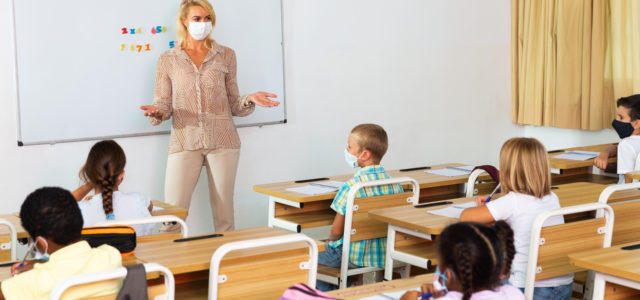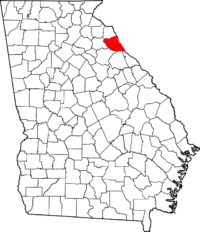
Caption
More than 20 states have made some or all teachers eligible for the vaccinations. But in Georgia, teachers and other school workers have not been elevated into that category by Gov. Brian Kemp.
Credit: Georgia Health News/Stock photo


